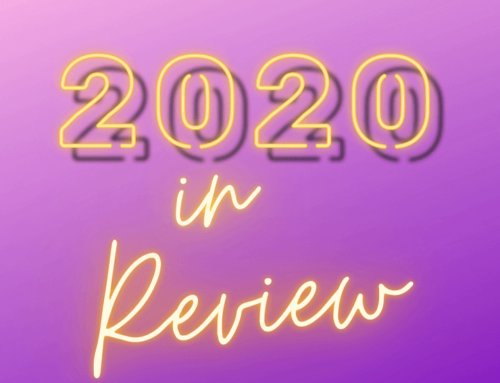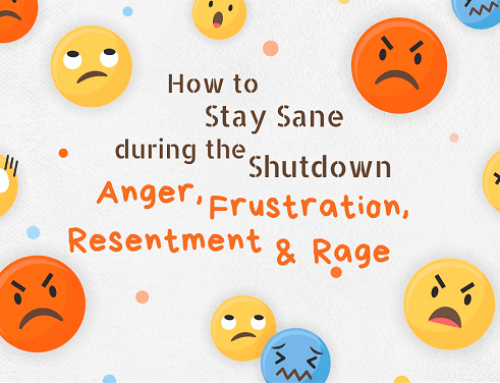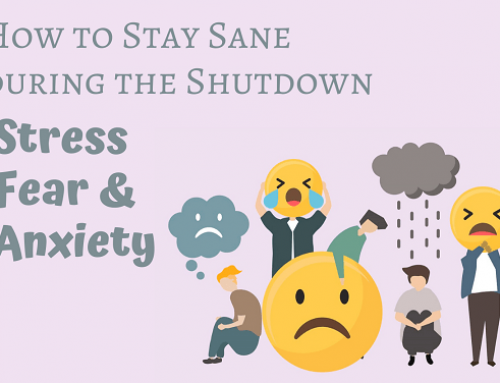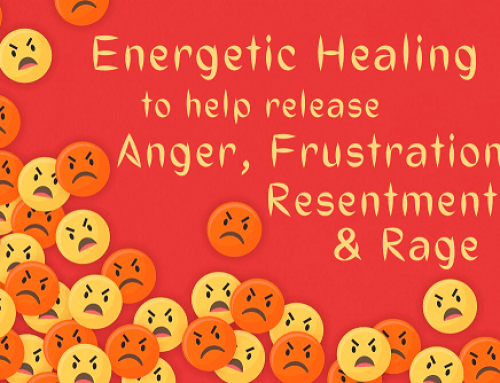Is Teeth Grinding / Clenched Jaw a problem for you?
Do you wake up with a sore jaw & a headache?
Do you catch yourself clenching your teeth when you get stressed, angry or upset?
Has your partner complained about the grinding noises that you make at night?
Has your dentist suggested that you get a mouth guard to sleep with at night to protect your teeth?
If the answer to any of these questions is yes, then you might be having a problem with your jaw muscles.

There are 5 main muscles that are involved in the movement of the jaw (speaking, chewing, swallowing etc):
-
The temporalis muscle is a large, thin fan-shaped muscle located in the side of the skull above and in front of the ear and is an important chewing muscle. If you place your fingers just above your ear while clenching and unclenching your jaw, you will be able to feel the temporalis at work.
-
The masseter is the major muscle of mastication (chewing) of the human jaw. It runs from your cheek bone near your ear to your jaw. The average human can bite down with a force of 68 kilos and bites of over 113 kilos are within the norm. That’s a lot of pressure to be putting on your teeth!!
-
The Buccinator muscle helps you to move your food between your teeth while chewing.
-
Both the Lateral and Medial Pterygoid (not pictured) help to open and close the mouth.
If any of these muscles are suffering from stress or fatigue, then this could be one of the reasons why you grind your teeth / clench your jaw.

What if the cause could be related to stress?
Another cause of teeth grinding / jaw clenching is that we may be biting down on words / feelings / emotions that we do not want to express.
As we grow from a child into an adult, the way that we express ourselves verbally, physically and emotionally gets molded by our environment. Our parents, friends, teachers (and society in general) have an impact on how we express ourselves. It may well be that you were not allowed to express your anger to your parents when you were younger or that you were told to swallow your anger / sadness / hurt / tears, so as not to make a scene.

The problem with these emotions is that they don’t want to stay tucked away. They want to be expressed. They will create tension & stress in our bodies, so to release this tension, our conscious mind diverts it through smoking, drinking, fiddling with items in our hands, playing with our hair etc.
However when we are asleep, so is our conscious mind. This is where our sub-conscious mind comes into play. The only way that our subconscious mind can stop these feelings from arising is to force the body to clamp down on them. And our body obliges by clamping down with our teeth.

Two weeks ago, I was discussing an issue with a friend. Every time we neared a topic that was particularly sensitive for her, she keep noticing that she was clenching her teeth and that all her neck muscles went super tight. I believe that she was clenching her teeth to stop the hurt / sadness that was threatening to bubble up
Kinesiology can help you to stop grinding your teeth / clenching your jaw at night. During a Kinesiology balance, we will investigate:
-
Any physical issues causing stress to your jaw e.g. your neck and pelvic muscles have an impact on your jaw muscles. If either is out of alignment, they can affect the muscles in your jaw.
-
If there are emotional issues that are preventing you from expressing yourself fully.
-
Are there any underlying stresses that need to be released?
You should start noticing results within 2-4 sessions depending on the severity of the problem.







